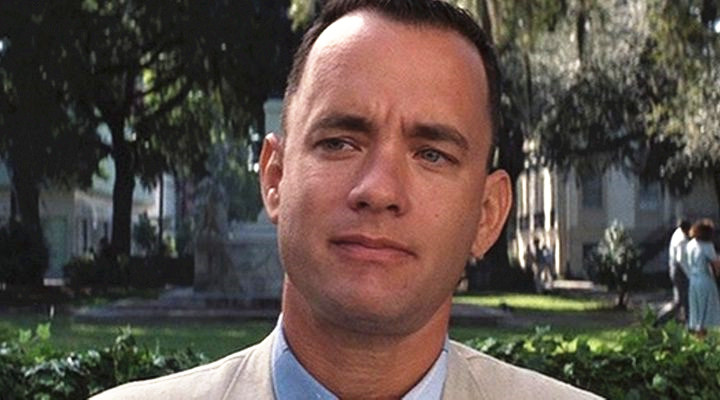
Adapting a book to the screen is always a tricky job. There can be great pieces of written prose that do not inspire interesting cinematic translations, purely because movies and books are very different mediums with very different tools at their disposal. Moreover, some screenwriters and moviemakers are not actually interested in adapting a work of written fiction as it was conceived, but in using the concept, the characters, or the setting to tell their own story.
Sometimes, as you might imagine, that unholy crossover of different talents can result in epic disagreements – and, especially when the studio favors the filmmaker over the author, lifelong grudges. The talented wordsmiths on the list below know what that feels like, as they had huge disappointments about the way their work was adapted to the cinema. Take a look:
10. Clive Cussler (Sahara)
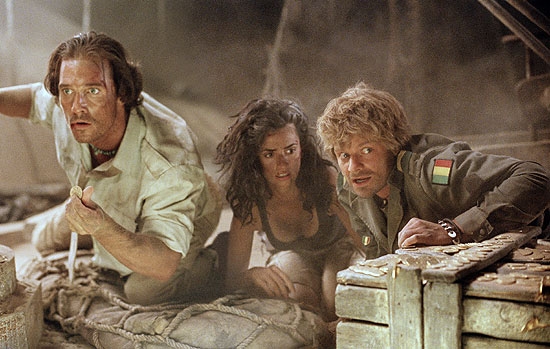
Clive Cussler created a huge literary franchise that made his lead adventurer, Dirk Pitt, one of the most popular heroes of the genre. The success, however, didn’t translate well to screen the first time, when “Raise the Titanic” was made in 1980, so Cussler exercised a bigger control over the next attempt, 2005’s “Sahara.”
Even though the screenplay is technically credited to the foursome of Thomas Dean Donnelly, Joshua Oppenheimer, John C. Richards and James V. Hart, Cussler is said to have pushed for many revisions and changes, and had final say over the hiring of a director (how he settled for Breck Eisner is a mystery) and main actors (Matthew McConaughey was cast instead of Tom Cruise, who Cussler considered “too short”).
And even after all that, Cussler still hated the resulting film so much that he sued the producers. According to him and his lawyers, the studio reneged on a contract that awarded even more creative control. “They lied to me from the beginning, and I eventually got fed up with it,” he said at the time to the Los Angeles Times.
The producer, in turn, accused Cussler of “torpedoing” the potential franchise after signing a million dollar contract to make the first film, and even making derogatory and racist comments during the production. Adventurer Dirk Pitt hasn’t been back to the silver screen to this day.
9. Richard Matheson (every version of I Am Legend)
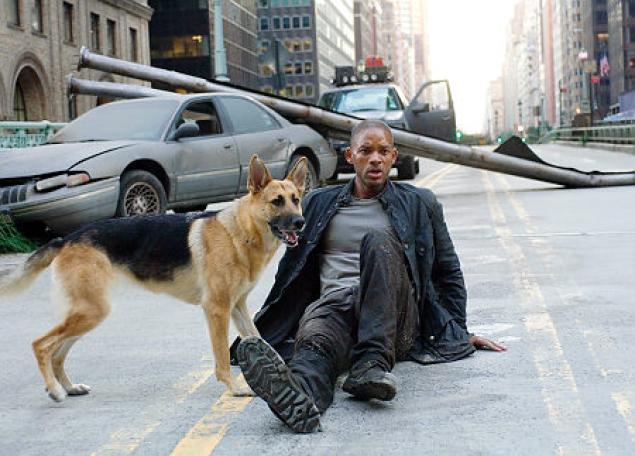
Even though he himself wrote for movies and TV, Richard Matheson has never been satisfied by any adaptation of his seminal novel “I Am Legend.” The legendary author, who died in 2013, even tried writing the screenplay for the first one, 1964’s “The Last Man On Earth,” starring Vincent Prince.
However, he disliked the resulting movie so much because of studio interference that he eventually had his name removed, ending up credited as “Logan Swanson.” Matheson would later explain that he felt Price, whom he “loved” in other films, was miscast as survivor Dr. Robert Morgan, and that the direction was “poor.”
When Hollywood had a second crack at his book, in 1971’s “The Omega Man,” Matheson kept his distance. In a later interview, however, he would shadily bash the Charlton Heston-starrer as “so removed” from his novel that it “didn’t even bother” him.
Almost 40 years later, Will Smith would inherit the role in 2007’s “I Am Legend,” and by then an elderly Matheson was simply fed up. “I don’t know why Hollywood is fascinated by my book when they never care to film it as I wrote it,” he famously declared. As fans of the book are quick to point out, he has a point, since none of the films were nearly as successful or as influential as the novel.
8. Roald Dahl (Willy Wonka & the Chocolate Factory)
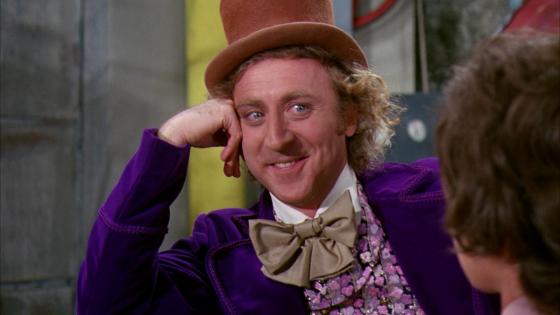
All evidence points to the fact that, in his private life, celebrated children’s author Roald Dahl was not a pleasant man. His ex-wife Patricia Neal provided evidence for that on her autobiography, detailing his mean tirades against the family and nicknaming him “Roald the Rotten.”
More of his nastiness was reserved for Jewish people, as he described in an article that “there is a trait in [their] character that breeds animosity,” and said that “even a stinker like Hitler didn’t just pick on them for no reason.” So, there’s really no surprise that he detested Gene Wilder’s interpretation of his character Willy Wonka in the 1971 classic adapted from his first “Chocolate Factory” book, right?
Dahl reportedly described the movie as “crummy,” accused director Mel Stuart of having “no talent or flair,” and found Wilder’s Wonka to be “bouncy” and “pretentious.” He even vowed that, in his lifetime, Hollywood would never get their hands on the sequel, “Charlie and the Great Glass Elevator.”
Dahl passed away in 1990, and while we still haven’t seen the continuing adventures of Charlie and Willy Wonka on screen, there’s reportedly a “origin movie” of the character in development.
7. Bret Easton Ellis (The Informers, American Psycho)
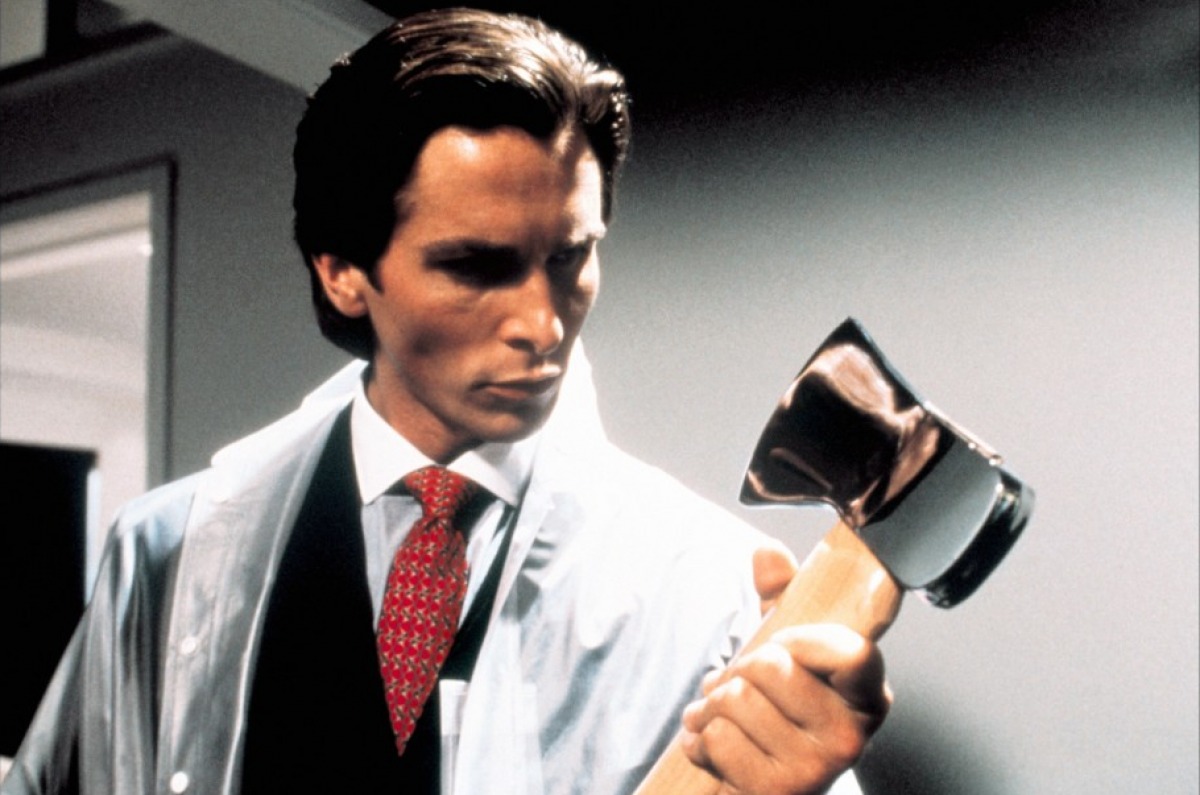
Literary provocateur Bret Easton Ellis doesn’t particularly like most of the movies made from his books (he had a few good words to say about 2002’s “The Rules of Attraction”), but he really has a bone to pick with two of them. The first (and lesser known) is 2009’s “The Informers”; even though Ellis worked on the screenplay alongside Nicholas Jarecki, he felt the resulting film “doesn’t work for a lot of reasons, none of them [his own] fault.”
His case against 1999’s “American Psycho,” probably the most famous adaptation of his work to the screen, is a little more complex: he felt that the novel should’ve never been made into a film at all.
“I think the problem with ‘American Psycho’ was that it was conceived as a novel, as a literary work with a very unreliable narrator at the center of it, and the medium of film demands answers,” he said in a later interview. “You can be as ambiguous as you want with a movie, but it doesn’t matter — we’re still looking at it. It’s still being answered for us visually. I don’t think ‘American Psycho’ is particularly more interesting if you knew that he did it, or think that it all happens in his head. I think the answer to that question makes the book infinitely less interesting.”
6. J.D. Salinger (My Foolish Heart)
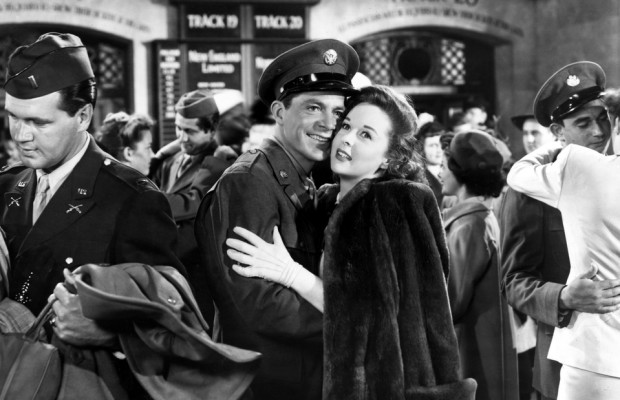
Have you ever wondered why a classic such as “The Catcher in the Rye” was never adapted for the screen? Wonder no more, because the reason for it is that author J.D. Salinger had such a horrible time adapting another of his works to the screen that he swore to never let Hollywood anywhere near his writing again.
In 1949, Salinger consented to have his short story, “Uncle Wiggily in Connecticut,” be made into a movie retitled “My Foolish Heart,” but later he felt that the film twisted his tale into a saccharine love story that had nothing to do with the one he told.
“My Foolish Heart” is about an unhappily married alcoholic named Eloise (Susan Hayward), who’s visited by her old school friend Mary Jane (Lois Wheeler). Through flashbacks, we learn of Eloise’s youth during World War II and her infatuation with Walt Dreiser (Dana Andrews), a man very different from the one she’d end up marrying. Salinger, who was reportedly a film buff, felt “mortified” by the adaptation, even though it generated a Best Actress Oscar nomination for Hayward. To this day, the bulk of the film rights to his work remains unsold.